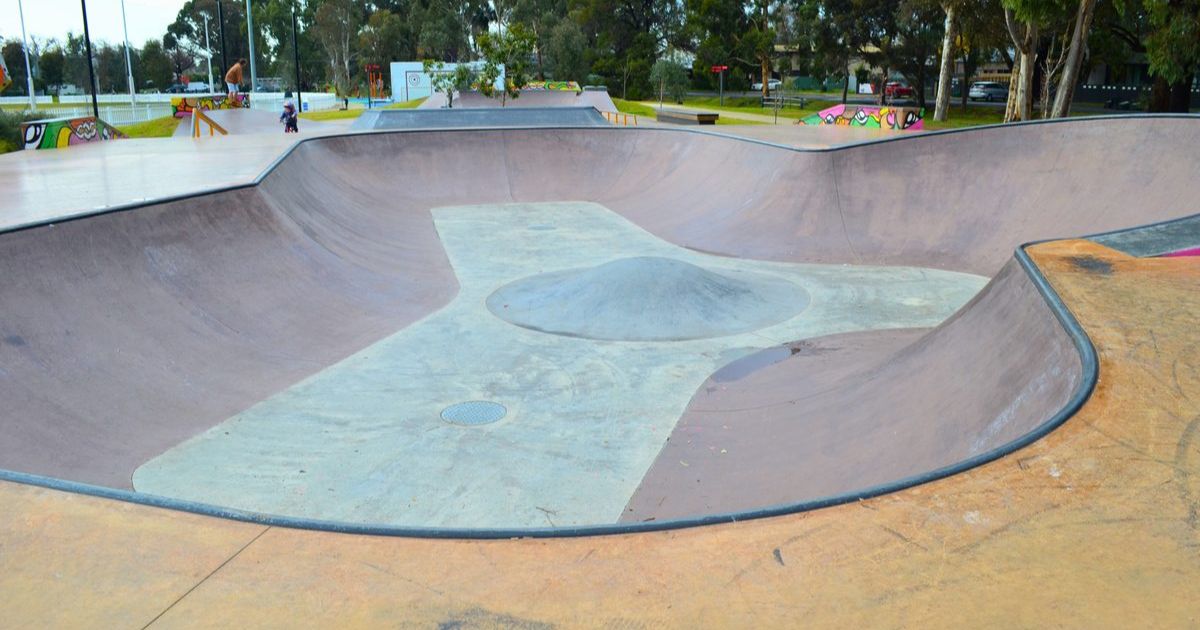Heathcote in the 1880s

All aboard: Tooborac station was built in the late 1880s as part of a link between Bendigo and Heathcote Junction. Photo: FILE
THE 1880s were a time of immense prosperity and growth for the young colony of Victoria.
Melbourne’s population grew from 280,000 to 445,000 over the decade, and for a time it was the second largest city in the British Empire after London.
Heathcote was only 118 kilometres, or just over 73 miles, from this packed metropolis and the far-reaching impacts of rapid urban change were felt in the pages of the McIvor Times.
Bendigo Connections
THE first rail link from Bendigo to Heathcote was opened in 1888 and the connecting line to Heathcote Junction/Wallan in 1890.
Bendigo to Heathcote passenger services ceased in 1942, with the line finally closing in 1958.
The last train from Heathcote Junction made its way up the tracks in 1965 and The O’Keefe rail trail now follows the Bendigo to Heathcote section of the original rail route.
Published Friday, 5 October 1888
THE opening of the first railway to Heathcote on Monday last excited a good deal of interest in the town, the novelty of the railway causing a large crowd of residents to assemble at the local railway station; and the running of the trains putting quite a new aspect on the old town.
Railways invariably have the effect of giving people a taste for travel, and a good start was made on Monday when a number of residents; with apparently for no other reason than the fun of the thing took trips to Sandhurst and back.
The large influx of visitors to attend the banquet with which the opening of the line was celebrated, with the large number of vehicles running to and from the station gave the town quite an animated appearance.
In regard to the line itself, great credit is due to the contractor, Mr Andrew O’Keefe, and all concerned in its construction.
The line is described as being smooth throughout and splendidly constructed, and it is a pity that the contractor will not be so handsomely rewarded financially as might be desired for his excellent work.
Heathcote tourism
AS Melbourne’s economy boomed, many of its newly wealthy residents took the opportunity to holiday in the Victorian countryside. 1880s Melbourne was not only known as ‘Marvellous Melbourne’, it also gained the nickname Smellbourne due to the many open cess pits in the centre of the city. Epidemic disease was rife and clean country air was seen as much healthier.
This article urged locals to see how lucky they were to live in Heathcote.
Published Thursday, 3 January 1883
DURING the Christmas and New Year holidays the weather has proved, with the exception of one or two hot days, most genial for this time of the year and contributed immensely to the enjoyment of outdoor amusements.
A noticeable feature in the holiday-making time just passed was the number of strange faces that had come amongst us, of people who had left the more extensive fields for amusement in Melbourne and other large centres of population with the intention of spending the few days at their disposal at Heathcote, extra coaches being put on to convey them here.
A fact, also worthy of notice, is that many of the visitors at the same time last year made Heathcote their holiday resort, but this year the number had increased by the addition of numerous friends.
This is an unmistakeable proof that our town possesses attractions of no mean description and not to be met with in most of the inland towns of the colony.
By the remarks of our visitors it is at once apparent that they are struck with the clean and health-preserving state of the town, which is prettily set off with mountain scenery in close proximity and the judicious planting of ornamental and forest trees in our streets, public reserves &c.
Added to this a most genial and invigorating climate, it is no wonder that our visitors, many of whose avocations no doubt confine them the greater part of the year between stone walls in the metropolis, find much to admire in our prettily situated town and its surroundings.
To judge from the opinions of our visitors, we should consider ourselves extremely thankful for having settled in so favored [sic] a spot.
Indeed we are not unmindful of our pleasant situation, but there is one drawback under which we suffer that has long marred the prosperity of the town and district, and, maybe in the depressed state of our business affairs generally in some measure prevented our fully realizing [sic] the beauties of the locality with which the stranger is so taken.
Under such unfavored [sic] circumstances, no matter how attractive the scenery may be, many residents are inclined to regard the place as ‘a hole’.

Political wrangling
A COLONY election in 1889 saw candidates for the seat of Rodney visit Heathcote to debate a range of current issues. Woman’s suffrage, or the right to vote, had recently become a hot topic.
Pelling Conant who had previously unsuccessfully run for parliament in 1886 supported change.
Sitting member James Shackell, who held the seat from 1883 to 1892, was not in favour of extending the franchise.
Published Friday, 15 March 1889
PELLING CONANT
WITH regard to Women’s Suffrage, he thought if a lady ratepayer was entitled to vote for councillors as a property holder, she should be equally entitled to vote for members of Parliament. Instancing several ladies who had been elected to the County Councils, which ranked next to the House of Commons; and he thought the least they could do was to be so gallant as to extend the franchise to women.
JAMES SHACKELL
WITH regard to women’s suffrage, it was all very well for newly fledged candidates and embryo politicians to raise the cry and say they were in favor [sic] of it; but he would be sorry to say he was favorable [sic] to it, never having been attained in other countries, and until the matter was fully considered and debated, he would not give his vote for the enfranchisement to women-(cheers)-whose proper sphere is in the looking after of their domestic duties and families.
The argument is used that they are entitled to vote at municipal elections, why not for the Legislature?
This may be very well, giving women the right to vote to put men in the Borough or Shire Councils to administer an Act of Parliament, but there is a wide difference between administering the laws and making the laws to govern the people, and which would require greater consideration in using it than women, in his knowledge, would care to give.
To grant every woman of 21 the vote would, in his estimation, be a decided mistake, and to which he was strongly adverse, picturing how 9 out of 10 would vote for a young man simply for his good looks in preference to an old buffet like himself.

Bad behaviour
WHILE the word ‘larrikin’ is now used to describe someone who is mischievous but good-hearted, in the late 19th century it described someone who displayed rough, antisocial behaviour.
Journalists had increasingly used ‘larrikin’ in reports about Melbourne street life during the 1870s.
Published Thursday, 22 July 1880
LARRIKINISM: A dastardly attempt to annoy the people returning home from the various places of worship last Sunday evening, was made by a few cowardly ruffians who suspended a string across the footpath under the verandah of the Chinese store in High Street, just high enough to strike a lady’s face, or knock off a gentleman’s hat.
Practical jokes may afford amusement to the young vagabonds who perpetrate them, but it is anything but pleasant for a gentleman, walking with a lady on his arm to find his progress suddenly stopped, the lady half strangled, and his own hat rolling in the gutter.
Our informant was just in time to escape such a fate, his hat only touching the string which was immediately torn down.
Heathcote has its ‘jolly dogs’ at times, but it has enjoyed an immunity from that pest of society, the genus ‘larrikin,’ and it is to be hoped that it is not now going to gain a footing.
Such conduct as that perpetrated on Sunday evening is deserving of the severest punishment.
The names of some of the larrikins are known to our informant, so we should advise them to desist in such practices, or they will surely come to grief.

















